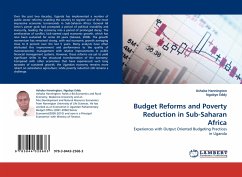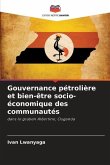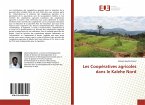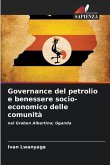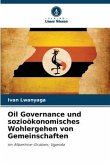Over the past two decades, Uganda has implemented a number of public sector reforms; enabling the country to register one of the most impressive economic turnarounds in Sub-Saharan Africa. General Idi Amin's power grab had prompted a period of political instability and insecurity, leading the economy into a period of prolonged decay. The amelioration of conflict, kick-started rapid economic growth, which has now been sustained for some 20 years (Selassie, 2008). The growth momentum has remained strong, with real economic growth averaging close to 8 percent over the last 5 years. Many analysts have often attributed this improvement and performance to the quality of macroeconomic management with relative improvements in public financial management systems. However, these reforms are yet to yield significant shifts in the structural transformation of the economy. Compared with other economies that have experienced such long episodes of sustained growth, the Ugandan economy remains more reliant on subsistence agriculture; while poverty reduction still remains a challenge.
Bitte wählen Sie Ihr Anliegen aus.
Rechnungen
Retourenschein anfordern
Bestellstatus
Storno

